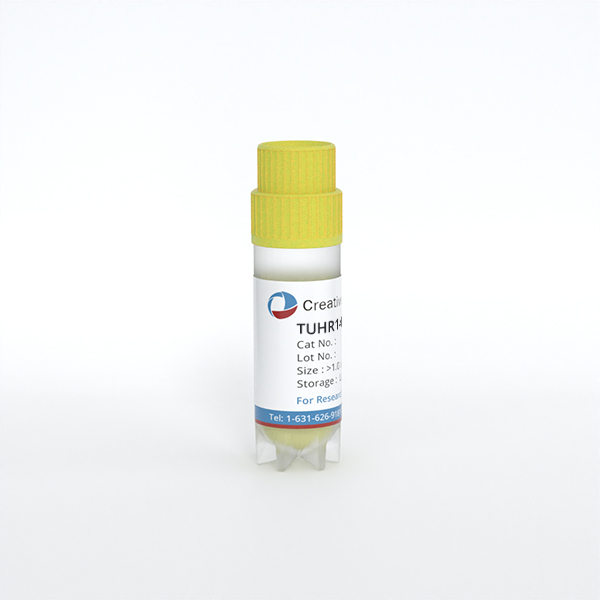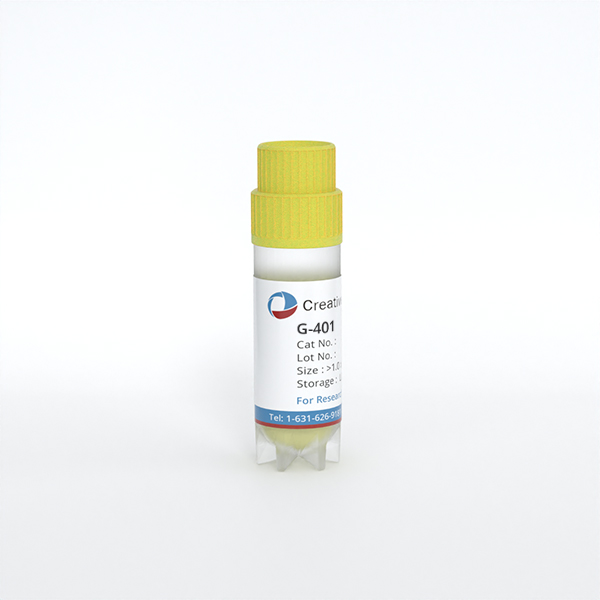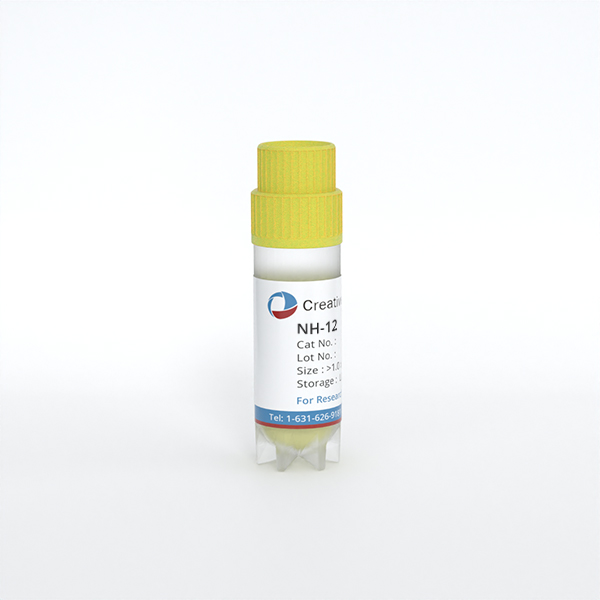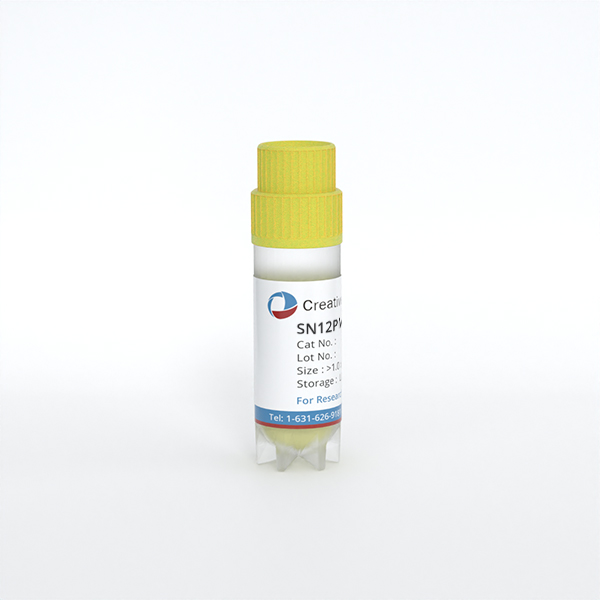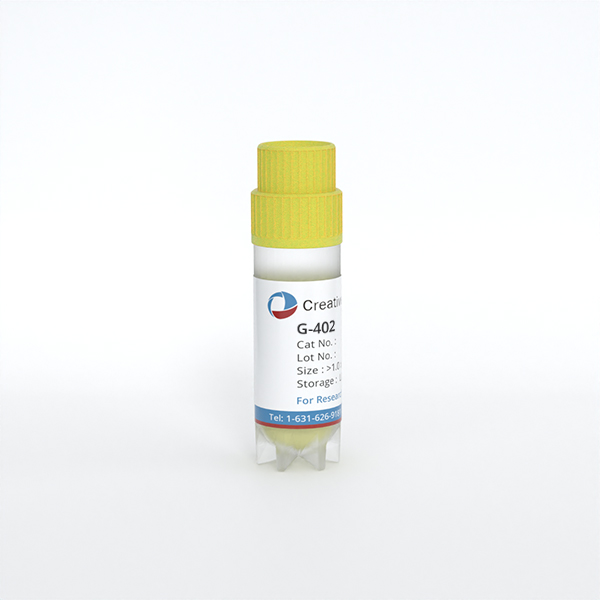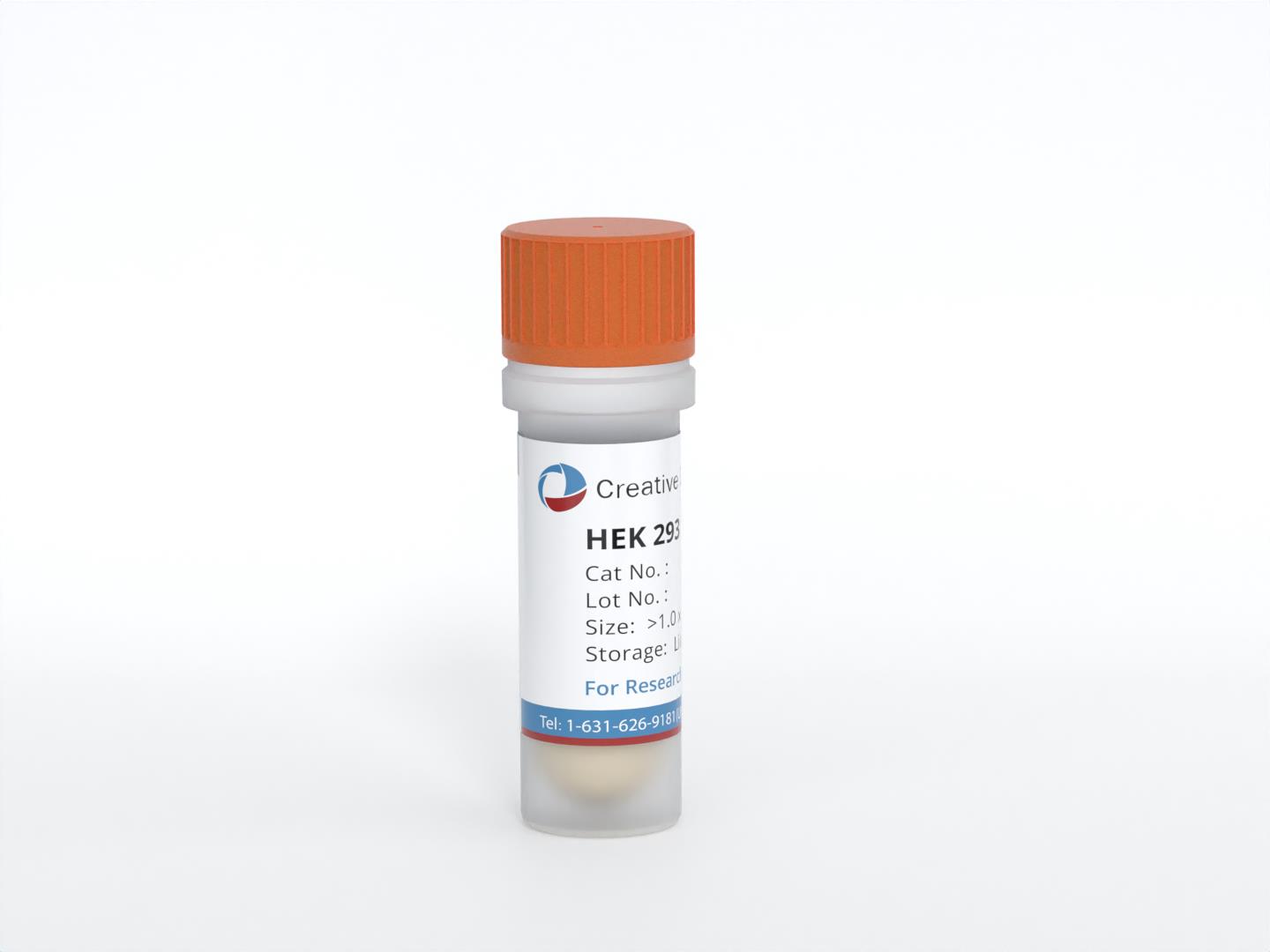
HEK 293
Cat.No.: CSC-6980J
Species: Homo sapiens (Human)
Source: Kidney
Morphology: Adherent fibroblastoid cells growing as monolayer
Culture Properties: Adherent
- Specification
- Q & A
- Customer Review
Cat.No.
CSC-6980J
Description
The cells express the transforming gene of adenovirus 5. Adenovirus 5 DNA from both the right and left ends of the viral genome are present. The line is excellent for titrating human adenoviruses. The cell line does not adhere to the substrate when left at room temperature for any length of time. The cells will reattach to the flask over a period of several days in culture at 37°C. The cells express an unusual cell surface receptor for vitronectin composed of the integrin beta-1 subunit and the vitronectin receptor alpha-v
subunit.
Species
Homo sapiens (Human)
Source
Kidney
Recommended Medium
Dulbecco's modified Eagle's medium with 4.5 g/L glucose 90%; fetal bovine serum, 10%
Culture Properties
Adherent
Morphology
Adherent fibroblastoid cells growing as monolayer
Storage
Liuqid Nitrogen, -180°C
Shipping
Dry ice
Synonyms
HEK293; Hek293; HEK-293; HEK/293; HEK;293; 293; 293 HEK; 293 Ad5; Graham 293; Graham-293; Human Embryonic Kidney 293
Citation Guidance
If you use this products in your scientific publication, it should be cited in the publication as: Creative Bioarray cat no.
If your paper has been published, please click here
to submit the PubMed ID of your paper to get a coupon.
Ask a Question
Write your own review
Related Products
Featured Products
- Adipose Tissue-Derived Stem Cells
- Human Neurons
- Mouse Probe
- Whole Chromosome Painting Probes
- Hepatic Cells
- Renal Cells
- In Vitro ADME Kits
- Tissue Microarray
- Tissue Blocks
- Tissue Sections
- FFPE Cell Pellet
- Probe
- Centromere Probes
- Telomere Probes
- Satellite Enumeration Probes
- Subtelomere Specific Probes
- Bacterial Probes
- ISH/FISH Probes
- Exosome Isolation Kit
- Human Adult Stem Cells
- Mouse Stem Cells
- iPSCs
- Mouse Embryonic Stem Cells
- iPSC Differentiation Kits
- Mesenchymal Stem Cells
- Immortalized Human Cells
- Immortalized Murine Cells
- Cell Immortalization Kit
- Adipose Cells
- Cardiac Cells
- Dermal Cells
- Epidermal Cells
- Peripheral Blood Mononuclear Cells
- Umbilical Cord Cells
- Monkey Primary Cells
- Mouse Primary Cells
- Breast Tumor Cells
- Colorectal Tumor Cells
- Esophageal Tumor Cells
- Lung Tumor Cells
- Leukemia/Lymphoma/Myeloma Cells
- Ovarian Tumor Cells
- Pancreatic Tumor Cells
- Mouse Tumor Cells
Hot Products

